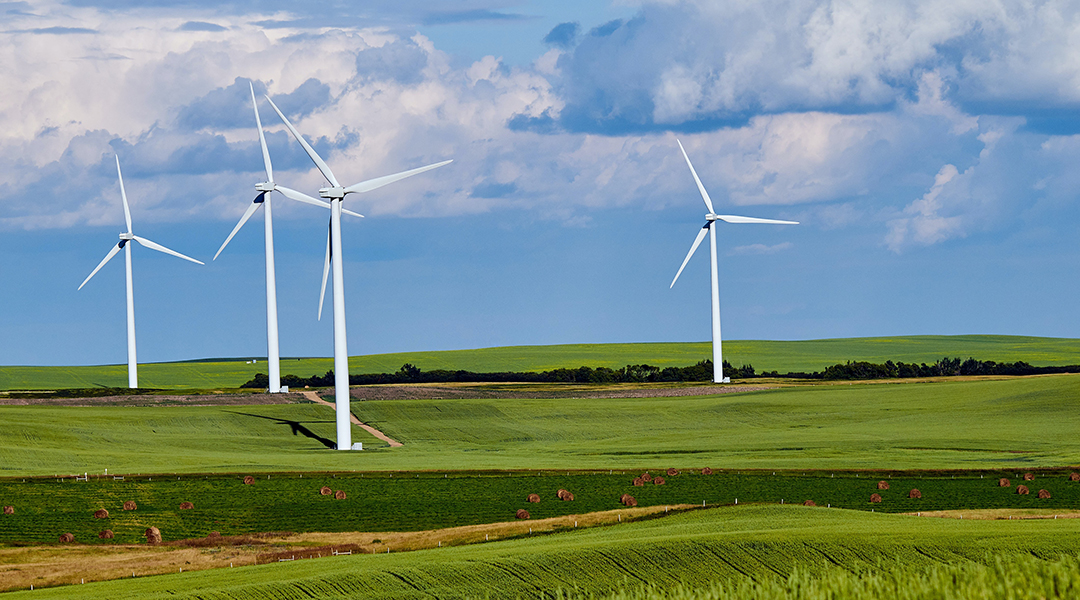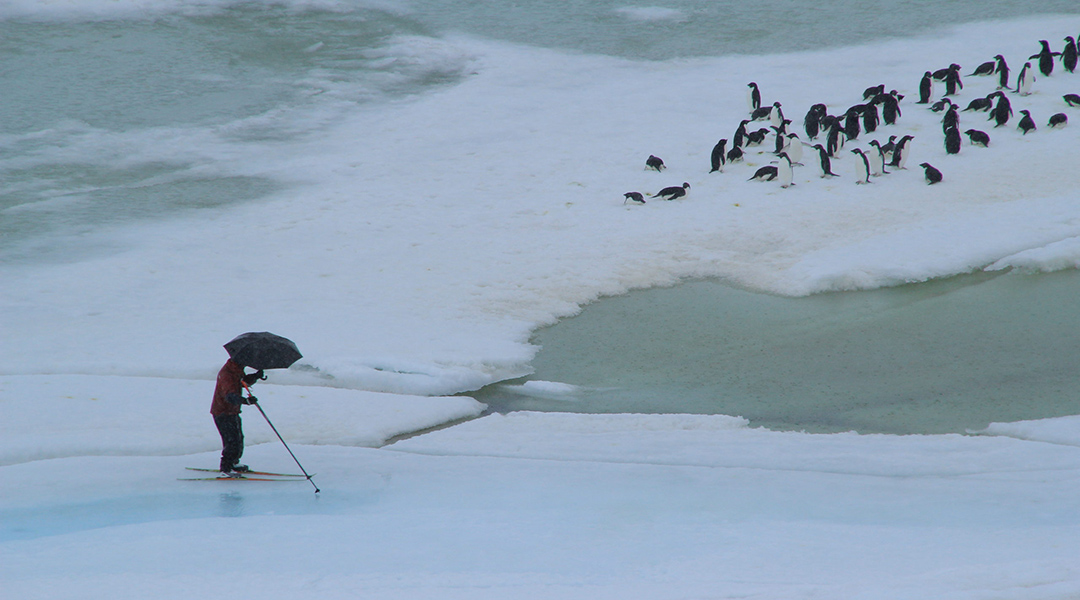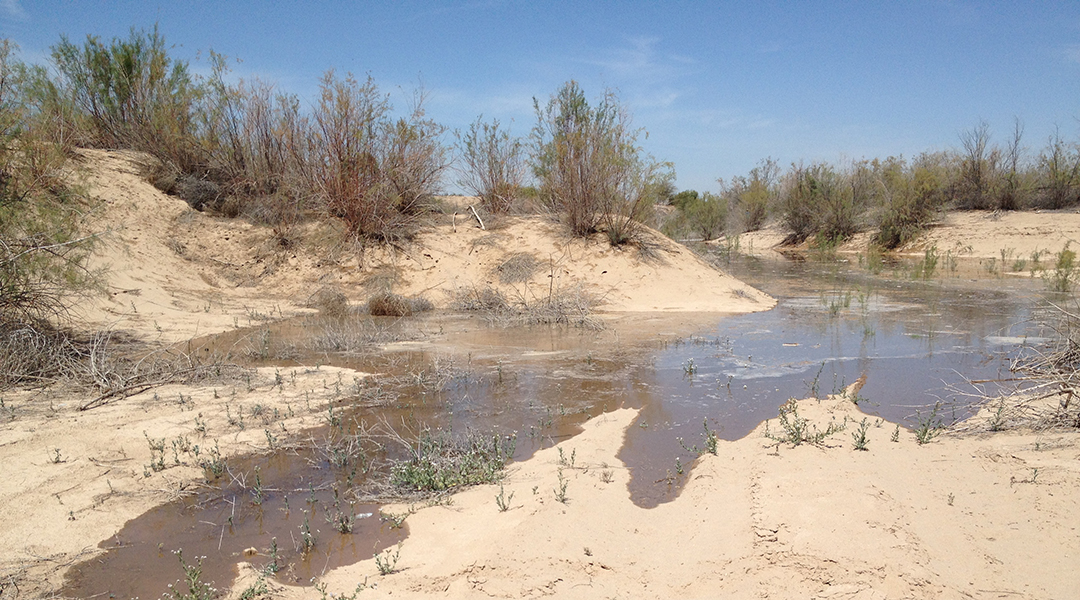Innovative new designs could help the aviation industry get to net-zero by making planes more compatible with renewable energy sources.


Innovative new designs could help the aviation industry get to net-zero by making planes more compatible with renewable energy sources.

With questions centered around cost and how long the transition will take, how do we convince people that the transition to renewables will be worth it?

Scientists have developed a polymer-coated glass that can change from transparent to opaque when exposed to sunlight and heat.

Albert Zink, director at the Institute for Mummy Studies, investigates remains from the past to bring ancient stories to life.

Nitrous oxide, better known as laughing gas, is often forgotten when considering major greenhouse gases.

Study shows that temperature changes have a smaller effect on transmission than policy interventions like lockdowns and social distancing.

New research suggests an increase in lightning strikes and liquid precipitation, which will affect sea level and penguin colonies.

As an increasing global population moves into areas where non-perennial rivers are common, we need to understand how human water needs impact when, where, and how much these rivers flow.

A new simulator can accurately model COVID-19 and the effects of different mitigation strategies, which researchers say could help guide new policies to combat the pandemic.

A low temperature water-splitting protocol uses microwave power in lieu of concentrated solar energy.